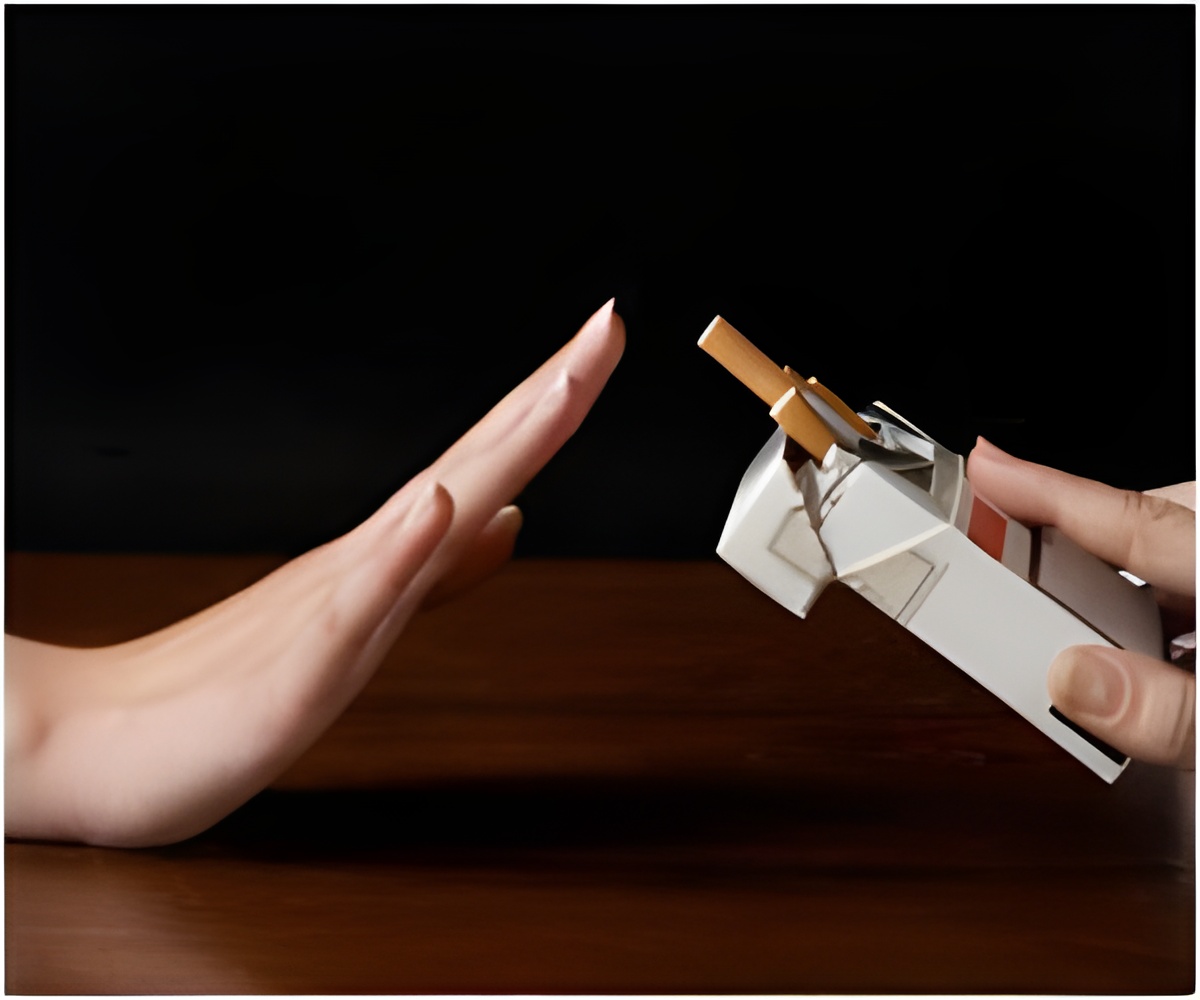A landmark study has revealed that nonsmokers sitting in an automobile with a smoker for one hour had markers of significantly increased levels of carcinogens.

"Ours is the first study to measure exposure to these particular chemicals in people exposed to secondhand smoke," said Benowitz. "This indicates that when simply sitting in cars with smokers, nonsmokers breathe in a host of potentially dangerous compounds from tobacco smoke that are associated with cancer, heart disease and lung disease."
The scientists published their results on November 14, 2014 in the journal Cancer, Epidemiology, Biomarkers & Prevention published by the American Association for Cancer Research.
For the study, 14 nonsmokers each sat for one hour in the right rear passenger seat of a parked sport utility vehicle behind a smoker in the driver's seat. During that time, the smoker smoked three cigarettes. The front and rear windows were opened 10 centimeters, or almost four inches.
Before being exposed to the smoke and then eight hours afterward, the nonsmokers' urine was analyzed for biomarkers of nine chemical compounds found in cigarette smoke that are associated with cancer, cardiovascular disease and respiratory diseases. Seven biomarkers showed a significant increase following exposure to secondhand smoke.
"This tells us that people, especially children and adults with preexisting health conditions such as asthma or a history of heart disease should be protected from secondhand smoke exposure in cars," said lead author Gideon St. Helen, PhD, a postdoctoral researcher in the UCSF Department of Medicine.
Advertisement
"Nonetheless, the air samples we took were similar in makeup to those seen in previous smoking studies that used closed cars and cars with different ventilation systems in operation," said St. Helen. "And so we believe that the general levels of risk to nonsmokers that we present is realistic."
Advertisement
Source-Eurekalert










